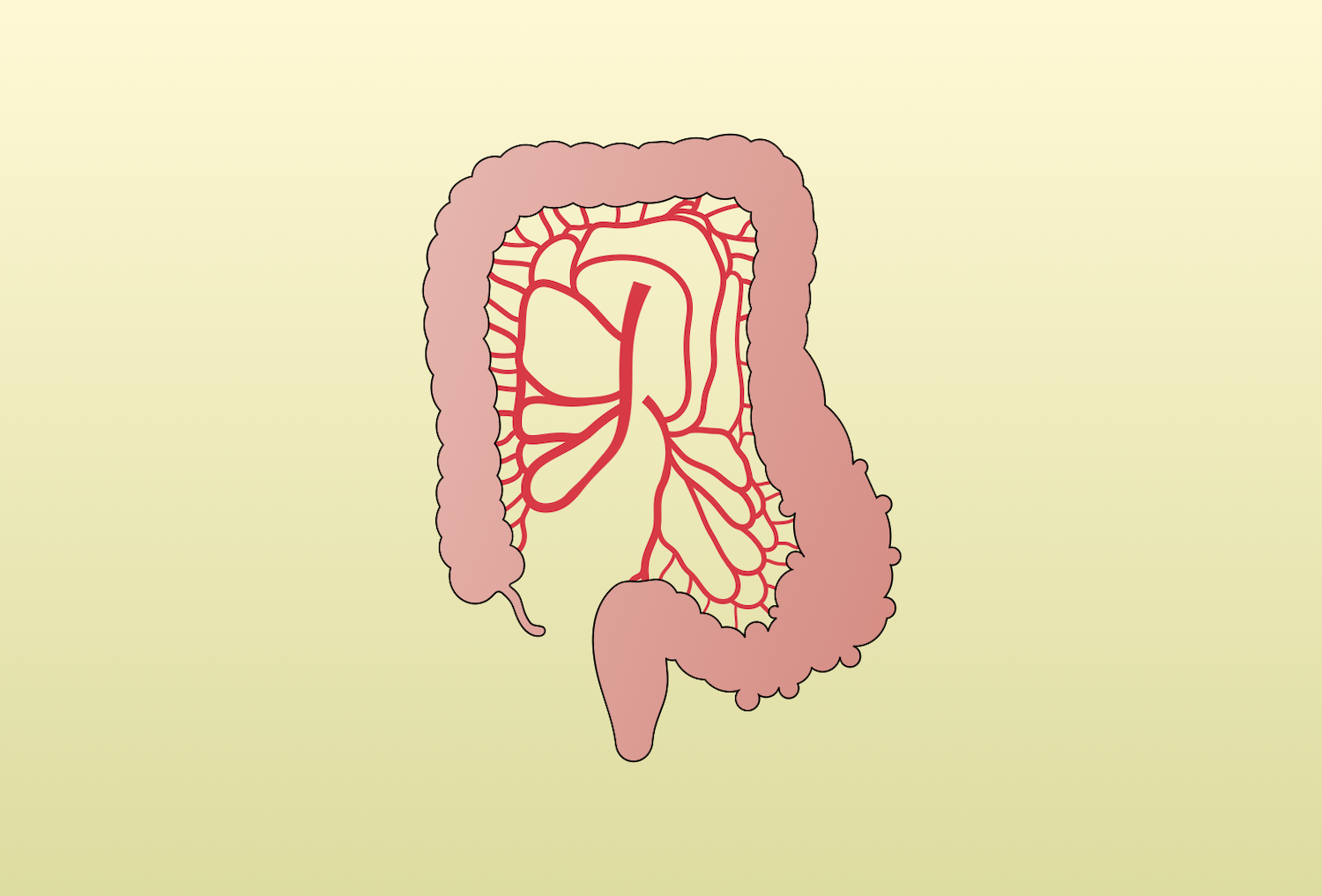Diverticulosis refers to abnormal pouching of the colonic wall. The term “divertikel” was coined by Fleischman in 1815. Jean Cruveilhier described herniations through the muscular layer of the colon in 1849. Constipation was linked to diverticula formation by Klebs in 1869.
Etiology
- Risk factors: Western diets high in red meat, fat, and refined grains, central obesity, smoking
- Protective factors: increased fiber intake, physical activity
Epidemiology
- Increases with age
- Colonic diverticula noted in ~60% of people > 60 years old
- Diverticulitis occurs in a small percentage of people with diverticulosis
Pathogenesis
- Localized high-pressure zones due to muscular layer wall hypertrophy, with combined narrowed lumen and disordered colonic motility, cause the bowel wall mucosa to herniate through weak areas. Diverticula are classically formed on the mesenteric side of the colonic wall in areas where the vasa recta traverse through the muscular layer to provide blood to the mucosa (where the intestinal wall is weaker)
- Sigmoid and descending colon are typically affected; rectum usually isn’t (extra layer of muscle)
History
- Most common reason for severe lower GI bleed
- Can manifest as diverticulitis
Physical Exam
- Painless rectal bleeding
- Crampy abdominal pain
- Altered bowel movements
Imaging
- May be utilized to confirm clinical diagnosis
- Colonoscopy
- X-ray followed by barium enema
- CT abdomen
Treatment
- Usually not necessary
- Aimed to reduce intestinal spasms
- Increasing fiber intake and fluids
Relevant Information
- Diverticulosis diagnosis is based on clinical presentation
- Diverticula
- Saccular outpouchings of the bowel wall
- True diverticula
- Contain all layers of the bowel wall
- Rare, usually congenital
- False diverticula
- Contain only mucosa and muscularis mucosa layers of the bowel wall
- Nuts, seeds, and popcorn are NOT associated with increased risk of diverticulosis, diverticulitis, or diverticular bleeding
- High fiber diet may be helpful in preventing diverticulosis
Differential Diagnoses
- Hemorrhoids
- Ulcers
- Inflammatory bowel disease
- Anal fissure
- Anal abscess
- Anal fistula
- Colonic polyp
- Colon cancer
- Constipation
- Colitis
